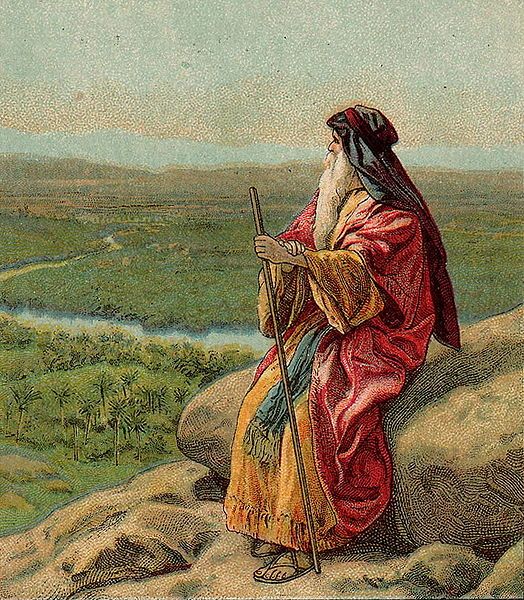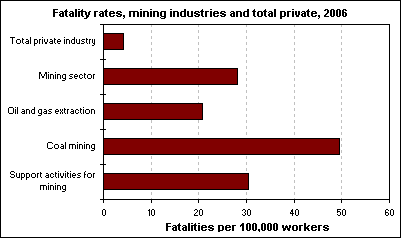Krost
Symposium, Texas Lutheran University
Sept. 3, 2014
The Krost Symposium is TLU’s premier yearly academic event. This year’s theme, “Environmental Justice: Texas Responses to Global Crises,” explores exactly what environmental justice is and how we can work together to solve current issues that will impact future generations. The following is my presentation at their opening worship for the kick-off of this series. The video can be found here and the 10-minute presentation starts at minute 6:00:
I want to thank Tim Barr
and Texas Lutheran University for inviting me to be part of this important
series of speakers in the Krost Symposium addressing the topic of environmental
justice. It is an honor to begin this
series and to be counted among some of the most prominent figures undertaking
the task of addressing the relationship between people, Earth and its
other-than-human beings, and, for those of us with a religious persuasion, our
relationship with the Divine Creator.
There
is always a risk that when we focus on an area of justice, someone is going to
get their gander up, so to speak. You
could have chosen a less controversial topic, but you have courageously decided
to enter into what I believe is the most vital question of our time: how will we live if we destroy the very
planet and biotic community that enables our lives? Stated in a positive way, how can we live in
a way that ensures the just and right relationships between humans, Earth, and
those most vulnerable?
Let’s take a moment to
talk about why people get so
contentious when talking about environmental justice issues? There is much at stake: incredible amounts of
wealth, questions of power and equality, personal and community identity, the
ecological conditions that support life itself, and the very real persons
(human and otherwise) affected by these issues all have a stake in our
conversations, decisions, policies and actions.
Because of this intense and complex overlaying of competing interests,
we find ourselves, in Jesus’ words, “a house divided against itself” (Matthew
12:25). And, indeed, the oikos – meaning “house” in Greek – the oikos of earth is crumbling, flooding,
and burning all around us. Some of us
may have enough temporary wealth, power and privilege to shore ourselves in
little enclaves longer than our poorer sisters and brothers. But the frantic grasps to protect this
illusory wealth only hasten the speed at which the ensuing ecological domino
effect will collapse the collective house of this planet.
Thus it is imperative that
we find ways to talk effectively and respectfully with each other in order to
address these issues. A central question
for me in my work as a pastor and scholar who is also an environmental activist
is: How do we listen to each other
across increasingly hostile divides of red/blue politics, race, class,
geography, culture, and religion? For
example – is Texas considered a Red or Blue state? (Red).
And do you know what Pennsylvania is considered? Blue.
But I can tell you where I am in Central PA it’s probably closer to
Texas in many ways.
As a pastor I ask, how can
we preach environmental justice in what I call “The Purple Zone”? Because, as I have come to learn, when we
enter the dialogue with a commitment to process and trust in God’s guidance, we
find that the divides themselves are also illusions. None of us really lives in a “red” or “blue”
state. In fact, those colors run
together in our families, our houses of worship, our schools, and even within
our own hearts and minds. Our job, then,
is to find a way to courageously step into the “Purple Zone” and speak a word
that casts out demons and stands with Jesus and all those who gather, not
scatter.
In these next few minutes
I want to share some insights that I have gleaned from my work as a community
organizer and from my work on a bipartisan synod task force on fracking. These are also lessons I’ve learned from 14
years of preaching about justice issues in the pulpit in congregations that
have a wide range of political, economic, cultural, and personal stances on
issues. My goal is to offer some insights
for the conversations that will follow in my next session about fracking, and
that can be helpful for all of you over the course of the symposium these next
several weeks.
I’ll use the synod task force on fracking as a case
study. On the recommendation that group,
the Upper Susquehanna Synod Assembly of the Evangelical Lutheran Church in
America voted in June to call for all environmental and public health
exemptions on shale gas and oil drilling and its related processes to be
repealed and all processes related to shale gas and oil extraction and
processing to be subject to the Safe Drinking Water Act (1974), the Clean Air
Act (1990) and Clean Water Act (1972).
The task force was created as a result of action
taken at the Synod’s 2012 assembly directing the group to undertake a
comprehensive assessment of the justice issues surrounding the natural gas
industry. The resolution came as a
result of two years’ worth of research, field work, and discussion by a diverse
group of individuals, appointed by The Rev. Bishop Robert L. Driesen,
representing opposing viewpoints on the issue of hydro-fracking.
Our task force was made up of scientists,
professors, pastors, teachers, and lay leaders in the church, including
individuals who actually work in the shale gas industry or are supportive of
it. Some of us would like to see a total
ban on fracking. Others think it can be
done safely with proper regulation. The
fact that we were able to come to the table and engage in civil, bipartisan
moral deliberation about this issue and offer a recommendation for the larger
church is very important. At the very least we could agree that the so-called
“Halliburton Loopholes” created for the industry exempting it from the
established laws protecting our water, air and public health are unjust and
need to be repealed.
So how did we get to that point of being able to
agree on these recommendations? I will
be honest – it was not easy. In fact, it
was probably one of the most difficult groups I’ve ever worked with. The process was messy, tense and frustrating
at certain points. But there were some
key principles and moments that kept us from giving up, and directed us toward
the task at hand.
First, all of us made an effort to understand where
each of us was coming from in our positions, and to share our story of why we
had come to believe what we did. This
enabled us to respect each other as people with families, livelihoods,
communities, and deeply held convictions.
This meant that we had to actually listen to each other. This, in turn, enabled us to move beyond
negative generalizations and stereotypes about the side we disagreed with.
Second, even though we might have initially
mistrusted each other, we trusted the process of the church that brought us
together, and were committed to that process.
Our bishop did a good job of choosing people from different stances on
the issue so that no one could look at the result of our work and accuse us of
being biased one way or another. And
because we were a church group, there was always prayer at our meetings. I am convinced that sometimes the only thing
that kept our group from breaking apart was the presence of the Holy Spirit
somehow holding together whatever tenuous strands there were.
Third, we did our homework. Each of us chose a particular area to
research, went after it with diligence, and brought it to the group for
discussion and debate. In addition, each
person had a key part to play in the overall task, so we were invested in the
process.
Finally, after months of throwing around skeins of
data, wrestling with various interpretations, and debating the veracity of
different claims, what finally allowed us to settle in and do real work
together was finding common ground. Or
in this case, common water. In fact, the
only thing we could all agree on was that water needed to be protected, whether
you were in favor of fracking or not. So
we were all able to say that the Halliburton Loopholes are not good for
anyone. The only prudent thing to do is
to close the loopholes and subject the industry to the same regulations
everyone else must answer to. It is a
basic question of fairness.
So – if we could pull off something like this in
Pennsylvania, you can certainly undertake this process in Texas. By listening to each other’s stories,
respecting each other, doing your homework, trusting and being committed to the
process, and finding common values, it is possible, with the help of the Holy
Spirit, to bring people together across ideological lines to engage in robust
ethical debate about controversial issues and arrive at some consensus for the
common good.
May God bless each of you
as you enter this process so that you may maintain positive relationships with
each other, speak a prophetic word of truth, and emphasize God’s creative,
hope-filled and redeeming activity in our world.


























